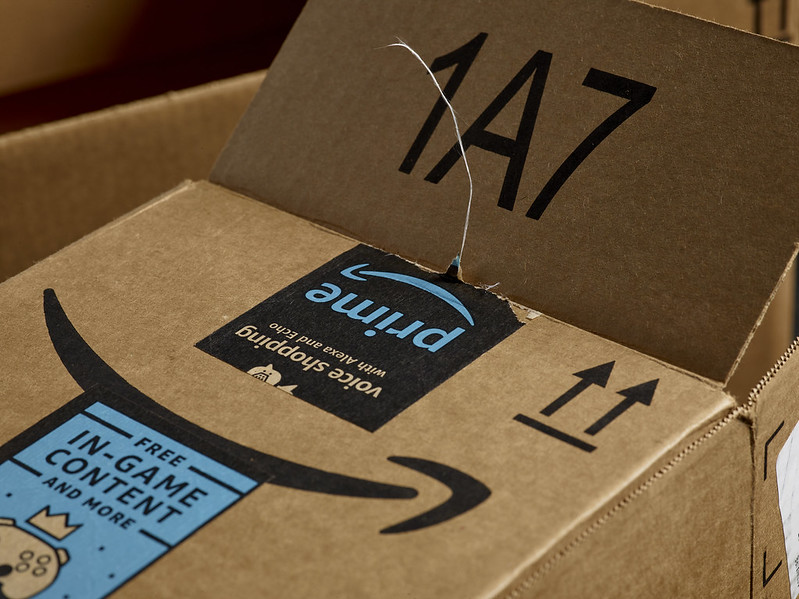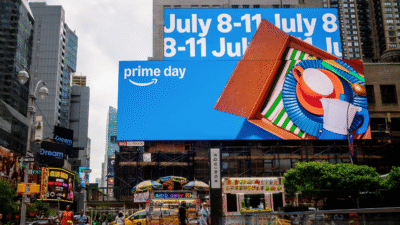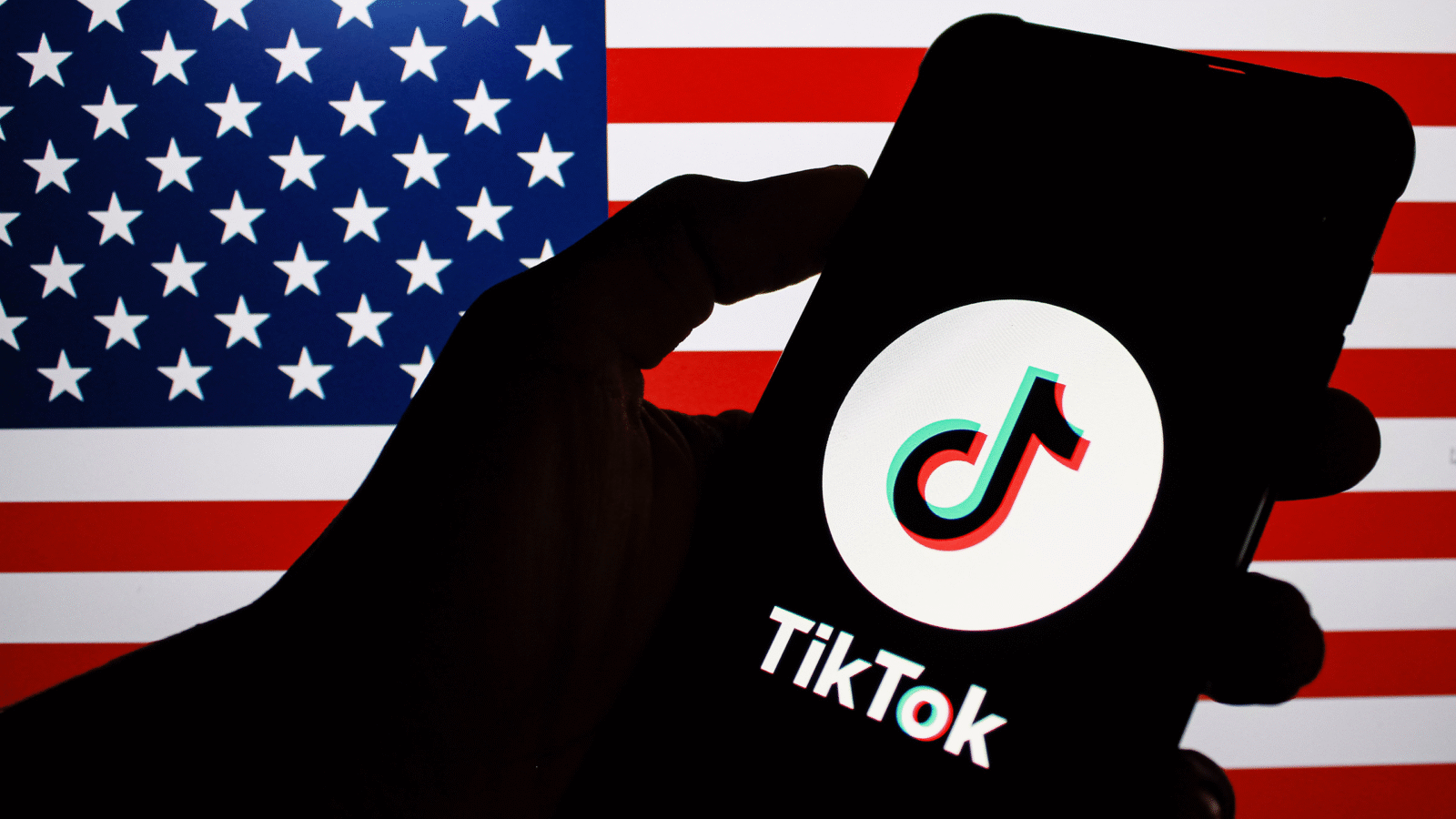
Sign up for smart news, insights, and analysis on the biggest financial stories of the day.
Amazon and Meta don’t really care how you pay, so long as you keep buying.
On Tuesday, Amazon announced it now allows shoppers to check out with payments completed through Venmo, starting with select users before rolling out to all customers before Black Friday. At the same time, Meta announced it is partnering with JPMorgan to expand Meta Pay optionality to checkout lines at the bank’s network of merchants. In the metaverse, everyone’s expected to be a big spender.
Feed the Meta
Nearly gone are the days of agonizingly punching in credit card digits to complete online checkouts. Whether it’s tap-to-pay enabled credit cards in grocery store aisles, buy now/pay later services like Klarna, or easy-to-use peer-to-peer payments apps like Cash App, the folks who control how we pay for things when we pay for things are clearly intent on making the process easier and quicker — leaving consumers a little less time to weigh whether that $38 impulse buy is really worth the hassle.
Amazon and Meta find themselves on two different ends of the online payments spectrum. The former, eager to rake in referral fees by any means, wants to make checkouts as fast and clean as possible. Via Meta Pay (renamed from Facebook Pay in June), Meta wants to compete with peer-to-peer payment systems like Venmo and Zelle, and keep users within its app ecosystem to make payments, rather than swiping out to use an alternative. Both moves Tuesday further these payment goals:
- In addition to Venmo, Amazon now lets users checkout by just about every method short of snail-mailing an envelope full of cash, including EBT cards, health savings accounts, and flexible spending accounts. Last year, Amazon linked up with BNPL service Affirm.
- Meta Pay will be visible at the check-out screen of all merchants using JPMorgan’s payments services for e-commerce sales — a network of 4 million small businesses as of 2020. Unlike Venmo or Cash App, Meta still doesn’t collect fees on Meta Pay transactions, though it aims to make Meta Pay the wallet of the metaverse and currently takes a nearly 50% commission on all digital asset sales in its Horizon Worlds metaverse platform.
Not So Fast: Big Tech’s increasing interest in payments, lending, and other financial services is not going unnoticed. The UK’s Financial Conduct Authority launched an inquiry this week into Apple, Meta, Amazon, and Google’s encroachment on the retail financial services space, warning of potential exploitation of their rapidly growing market share in the space. But with their deep pockets, tech titans are increasingly turning away from the types of partnerships with financial institutions they made in the early days of exploring financial services (Apple, for example, is ditching Apple Card partner Goldman Sachs for its planned Klarna competitor service). Sounds like Big Tech is willing to buy into the market now, and pay any possible regulatory penalties later.











